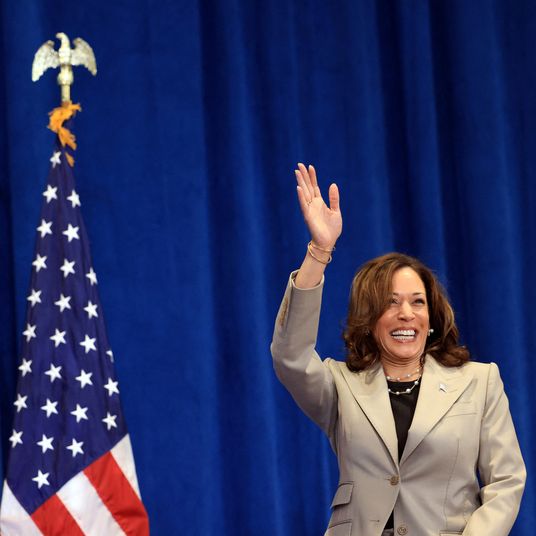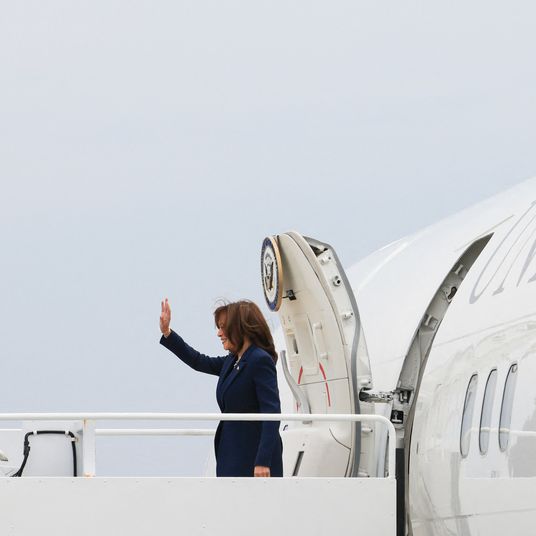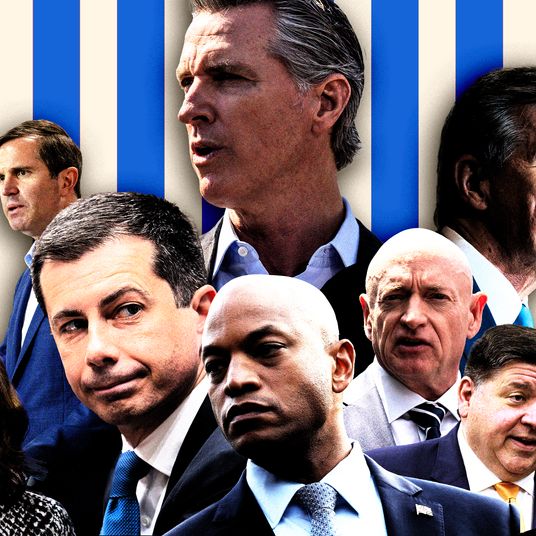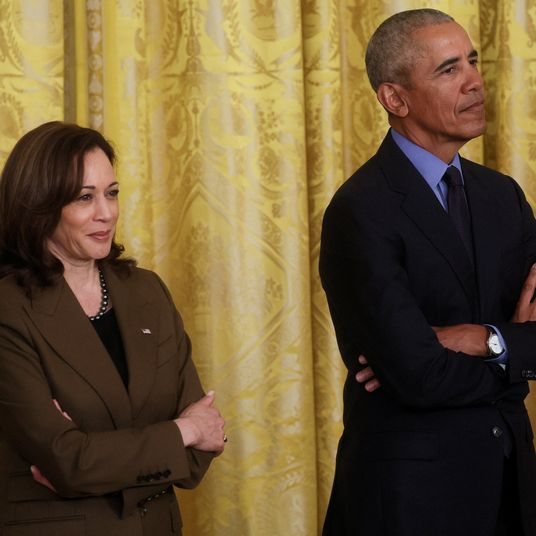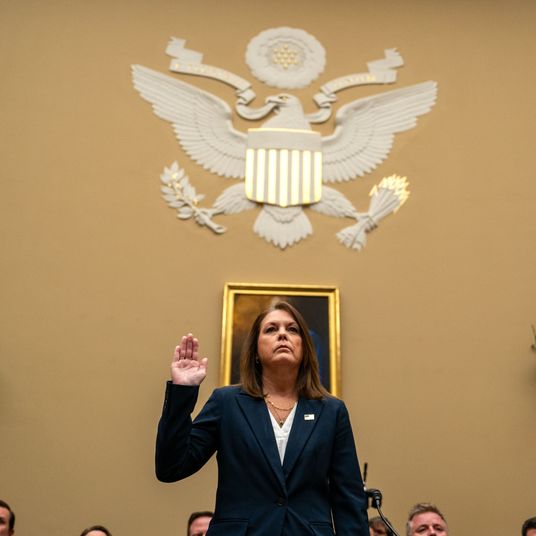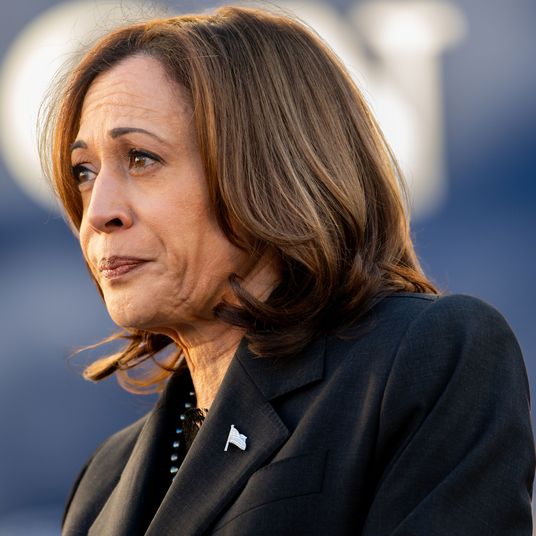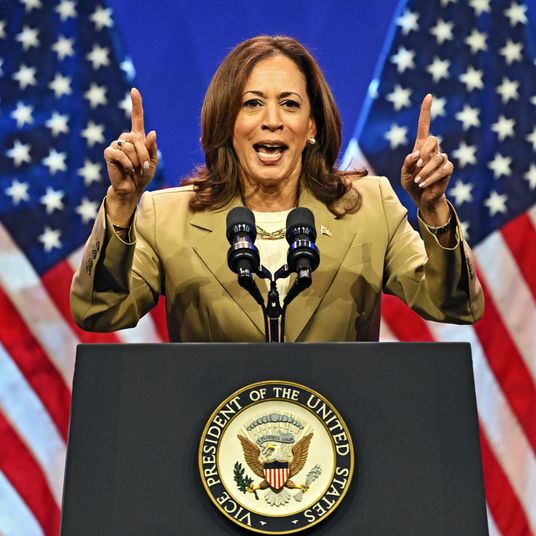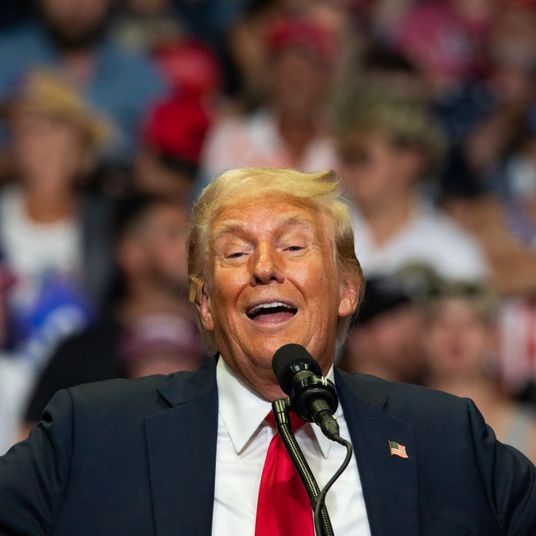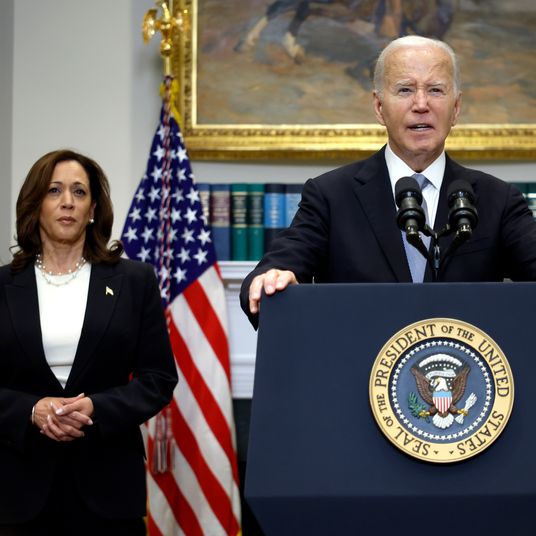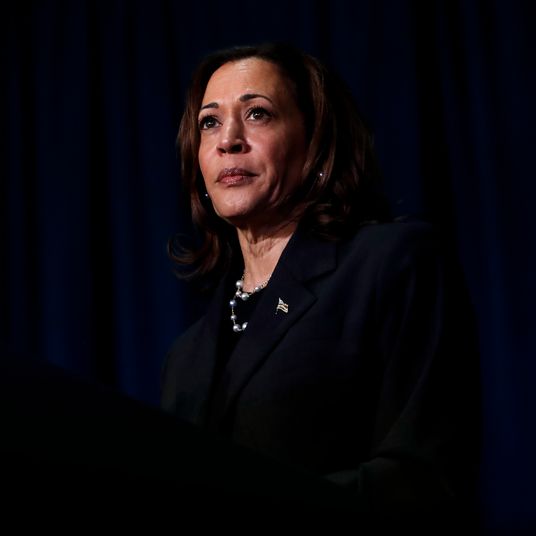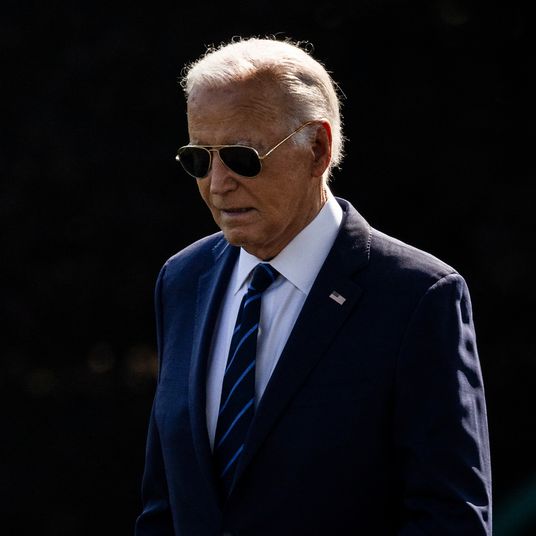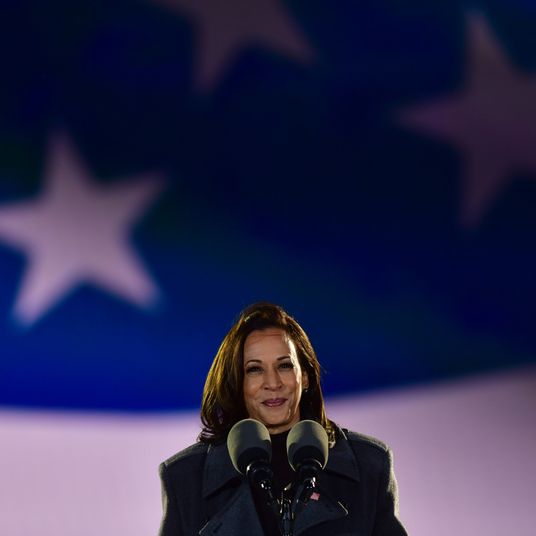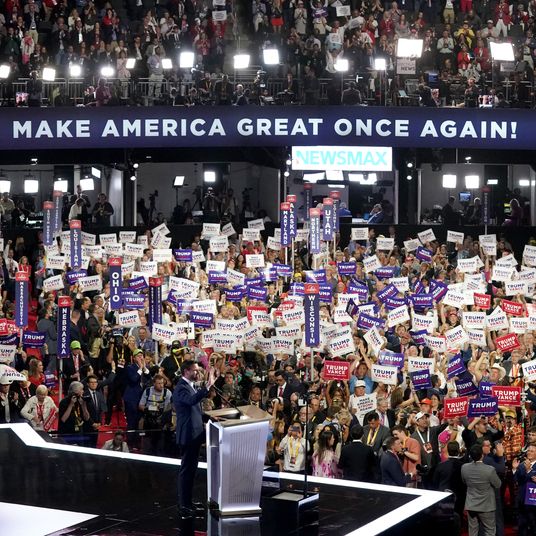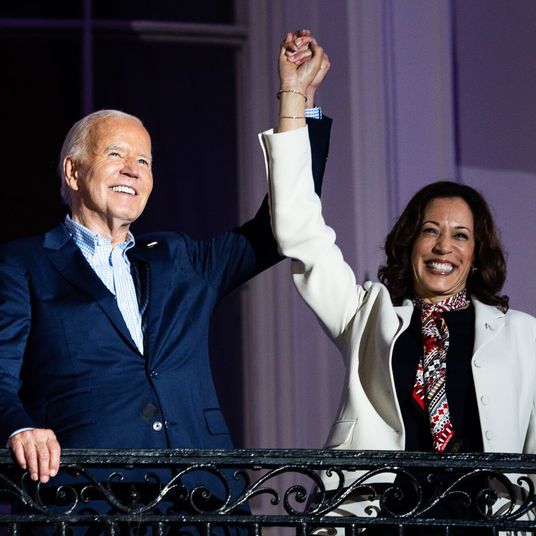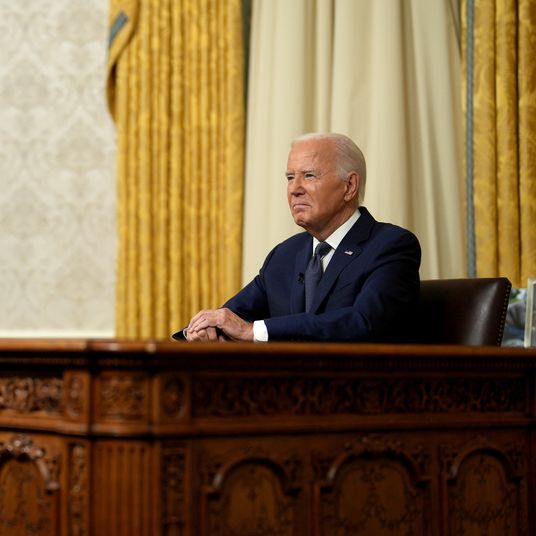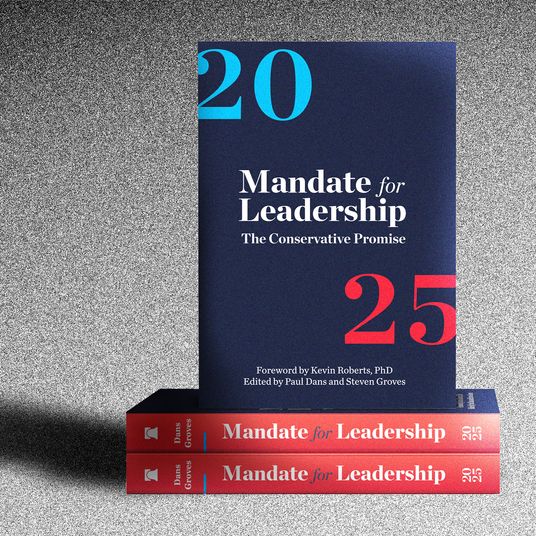
One of the most popular — but, in Washington, controversial — features of Joe Biden’s American Rescue Plan is a proposal to boost the federal minimum wage to $15. Republican pols predictably hate it, and West Virginia Democrat Joe Manchin, who stands athwart the 50-50 Senate like a colossus, has expressed the opinion that it’s too high. So it wasn’t surprising that during Thursday night’s so-called vote-a-rama of amendments on the budget resolution, which will lead to a reconciliation bill implementing elements of Biden’s stimulus plan, Republican senator Joni Ernst offered a nonbinding amendment authorizing the Senate Budget Committee chairman to remove any $15-minimum-wage provision from the reconciliation bill, hoping (it is assumed) to mousetrap moderate Democratic senators into taking a public stand on an issue that divides the business community from, well, the general public.
As it happens, the Senate Budget Committee chairman to whom the amendment was addressed is also Congress’s most prominent advocate for a sizable minimum-wage boost, Bernie Sanders. So maybe Ernst was trying to mess with Bernie’s head as well. If so, it didn’t work, as Business Insider explained:
[Sanders] said during the floor debate that he would do “everything I can to make sure that a $15 minimum wage is included in this reconciliation bill … We need to end the crisis of starvation wages in Iowa and across the United States.”
The Iowa reference was deft. But not as deft as what Sanders did next:
“It was never my intent to increase the minimum wage to $15 an hour immediately during the pandemic,” Sanders said. “My legislation gradually increases the minimum wage to $15 an hour over a five-year period, and that is what I believe we ought to do.”
So he supported Ernst’s amendment, which passed on a voice vote, avoiding the trap Republicans had tried to set. As one Democratic staffer observed, “This isn’t Bernie’s first rodeo. No one has to take a tough vote on a messaging amendment, and we can still try to pass minimum wage through the reconciliation bill.”
The ultimate fate of minimum-wage language in the reconciliation process depends not just on politics but on numbers: Democrats are awaiting a fresh estimate by the Congressional Budget Office of the spending and revenue impact of a big minimum-wage hike. And that, in turn, may inform the Senate parliamentarian’s ruling on whether such language would violate the Byrd Rule against non-budget-germane provisions in budget-reconciliation bills. You can be sure Sanders will be right in the middle of every discussion.







